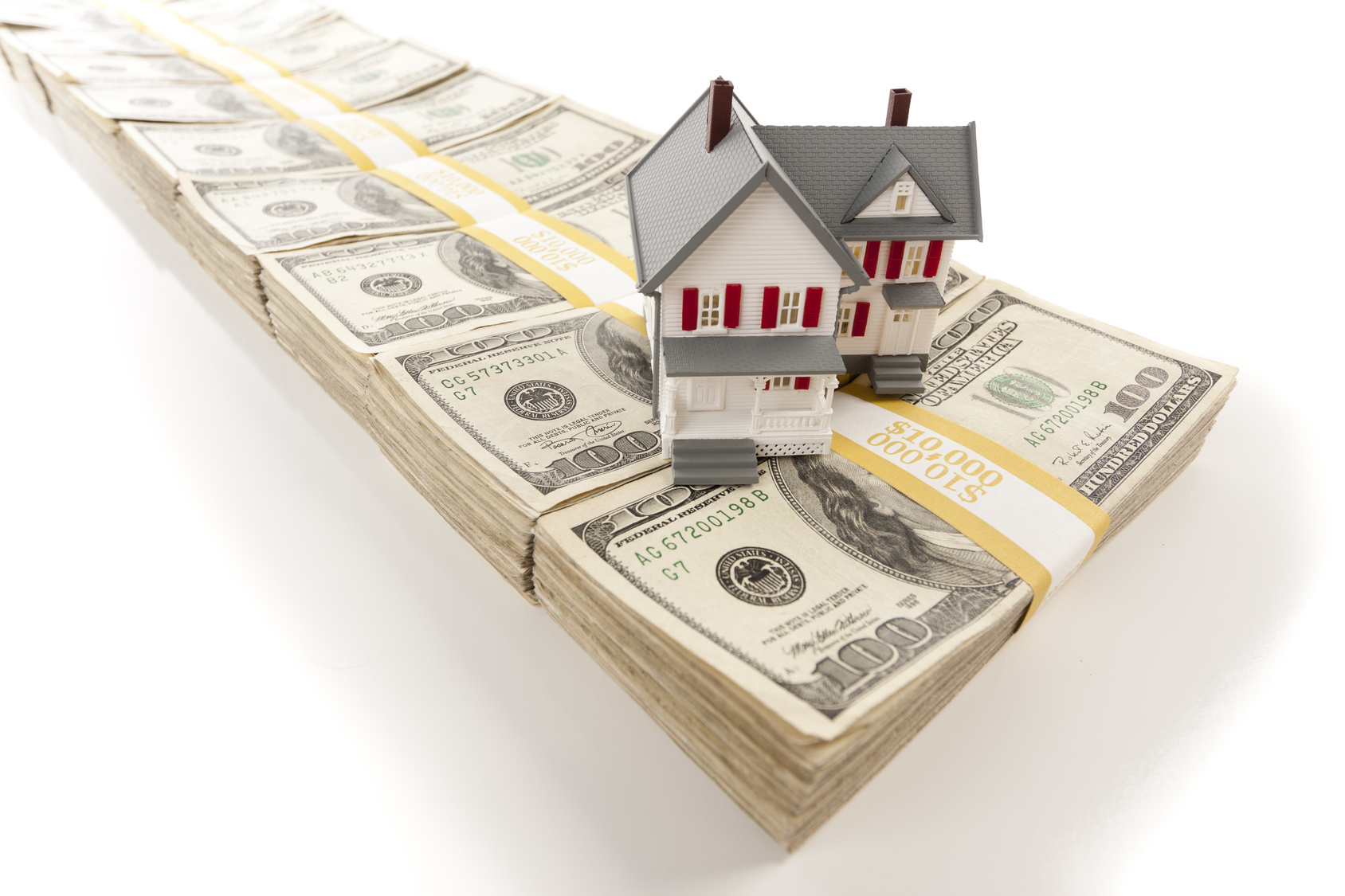What is Equity?
What is Equity? If you’ve done any research on real estate or the housing market, you’ve probably come across the term ‘equity’ a time or two. The word equity itself can have multiple meanings across the board, depending on the scenario, but in terms of real estate the direct definition is: “The value of a mortgaged property after deduction of charges against it”.
What is Equity? –
But what does this really mean? Well like a lot of people, you might own your own home. But how much of it do you actually own outright? Unless the house you live in is completely paid off, then chances are you took out loans to help you buy your house and are still paying them off. This is where equity comes into play and understanding what is equity becomes crucial especially if you want to correctly estimate your net worth.
Say, for example, the house you want to buy costs $150,000, so you decide to pay a down payment of 20 percent out of pocket (which is $30,000), and use loans to pay off the rest. While you are now technically a proud now homeowner, you only really own the 20 percent you paid out of pocket. You lenders own the rest, and your home equity interest is therefore 20 percent of your home’s value.
As the housing market fluctuates, so does your equity stake. This is an important thing to keep an eye on. It’s good news while the housing market flourishes and your home’s value increases; you still owe the same amount back in loans, but your equity stake increases with your home’s value without you having to do much for it. But it can be terrible news if the market weakens and decreases your homes worth. This can sometimes result in negative equity – your mortgage balance is actually higher than your home’s property value, and if you are unable to quickly sell your house to help pay off the mortgage, chances for foreclosure increase dramatically.
And easy way to gain and build home equity however, is to repay your home loan off in a timely manner. Monthly payments go towards both the mortgage principle and interest, and at first interest charges can take up the majority of your payments and the principal falls slowly. Making on time payments helps to decrease the interest amount quickly, which leads to the principal amount being paid off more quickly over time and increasing your equity stake at the same time. Keeping up a high rate of home equity looks good and can improve your chances for loan approval on good terms. Making those timely loan payments shows that you are able to build wealth and manage debt.
Your home equity is also an asset. Getting a second mortgage (also known as a home equity loan) for example uses your home equity interest as collateral to back it. This kind of collateral means lower financial risks for banks, which can allow you to negotiate relatively lower interest rates for home equity loans. Again though, make sure to keep an eye on the value of out home and make sure to keep up the monthly payments. In the contract terms, any missed payments on a home equity loan means the banks can foreclose on your property to make good on those missed payments.
 For Free Training, Workshops and Events, check the Virtual and Live Events Page
For Free Training, Workshops and Events, check the Virtual and Live Events Page
 Subscribe to our podcast
Subscribe to our podcast 

